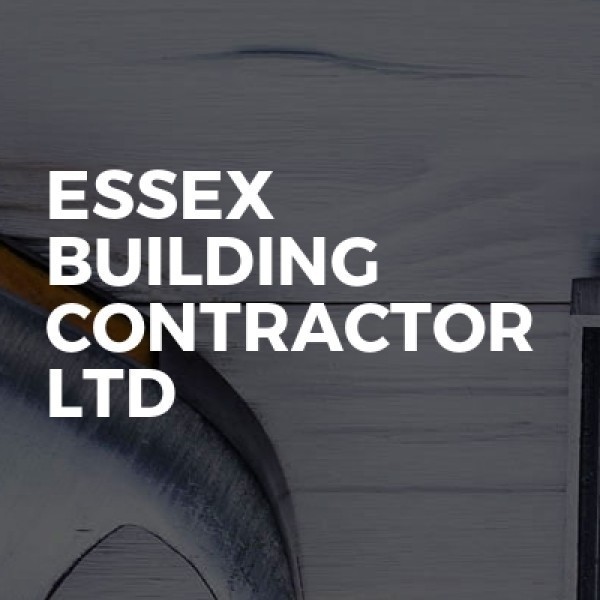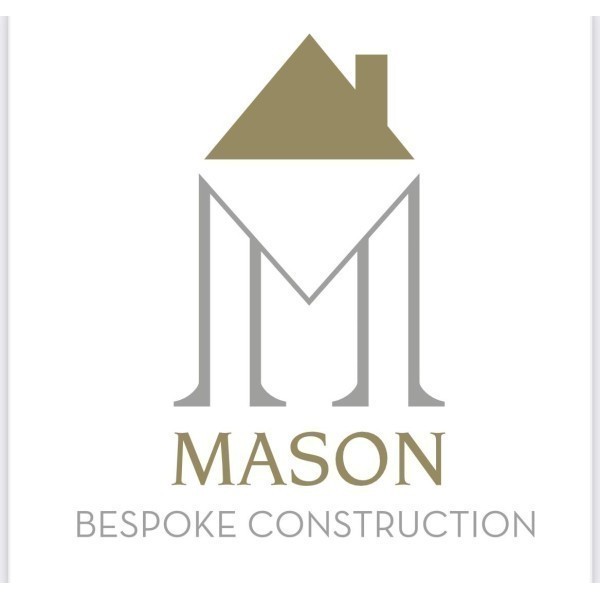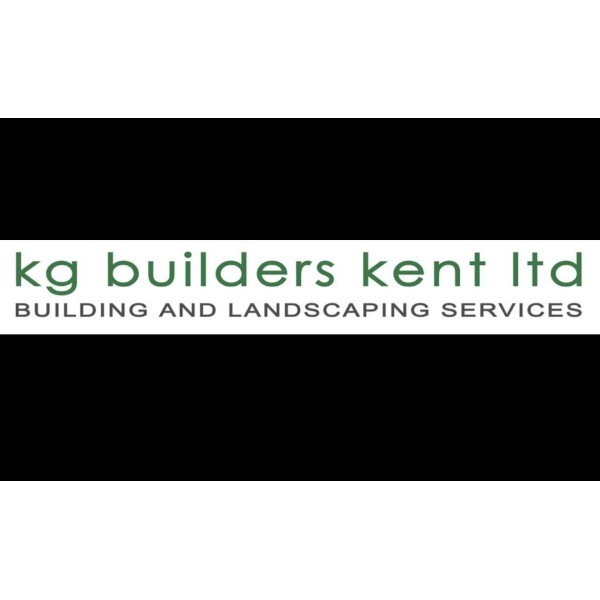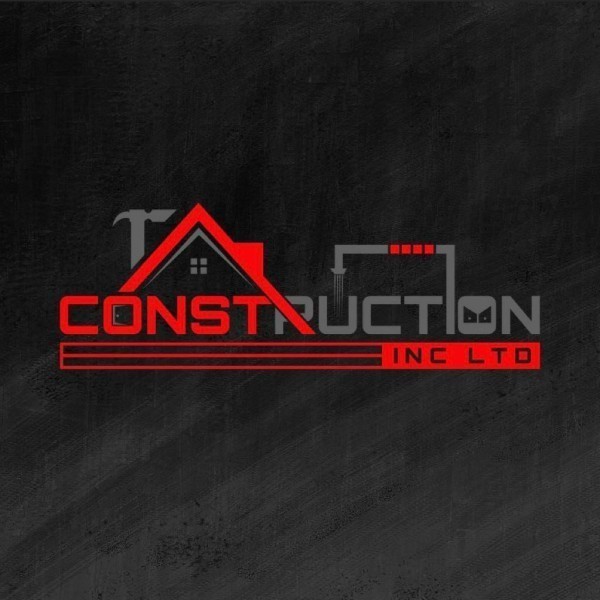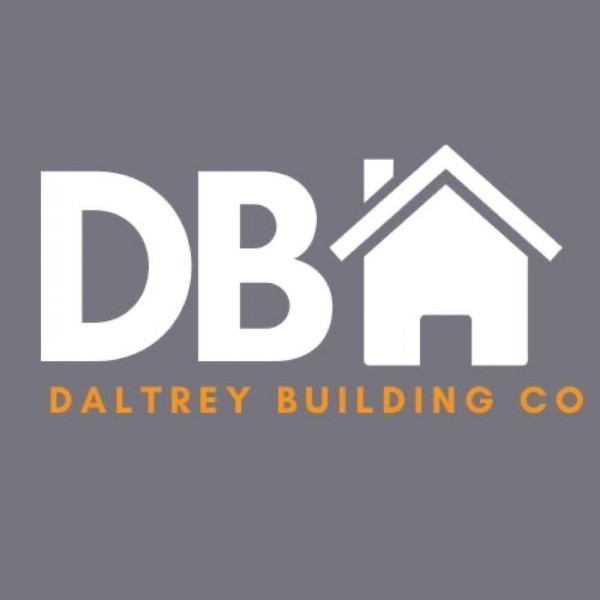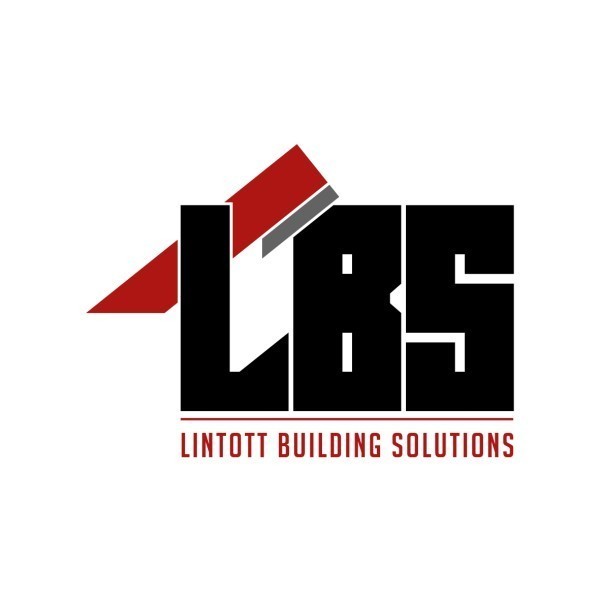Loft Conversions in Basildon
Filter your search
Post your job FREE and let trades come to you
Save time by filling out our simple job post form today and your job will be sent to trades in your area so you can sit back, relax and wait for available trades to contact you.
Post your job FREESearch Loft Conversions in places nearby
- Loft Conversions in Billericay
- Loft Conversions in Braintree
- Loft Conversions in Brentwood
- Loft Conversions in Brightlingsea
- Loft Conversions in Burnham-On-Crouch
- Loft Conversions in Canvey Island
- Loft Conversions in Chelmsford
- Loft Conversions in Chigwell
- Loft Conversions in Chipping Ongar
- Loft Conversions in Clacton-On-Sea
- Loft Conversions in Colchester
- Loft Conversions in Epping
- Loft Conversions in Frinton-On-Sea
- Loft Conversions in Grays
- Loft Conversions in Great Dunmow
- Loft Conversions in Halstead
- Loft Conversions in Harlow
- Loft Conversions in Harwich
- Loft Conversions in Loughton
- Loft Conversions in Maldon
- Loft Conversions in Rayleigh
- Loft Conversions in Saffron Walden
Understanding Loft Conversions in Basildon
Loft conversions in Basildon have become increasingly popular as homeowners seek to maximise their living space without the hassle of moving. This transformation not only adds value to your property but also provides a versatile space that can be tailored to your needs. Whether you're considering a new bedroom, a home office, or a playroom, a loft conversion offers a practical solution.
The Benefits of Loft Conversions
Loft conversions offer numerous advantages. Firstly, they make use of existing space, which is often underutilised. This means you can increase your home's square footage without extending its footprint. Additionally, a well-executed loft conversion can significantly boost your property's market value, making it a wise investment.
- Increased Living Space: Transform your attic into a functional area.
- Enhanced Property Value: A loft conversion can increase your home's worth by up to 20%.
- Cost-Effective: Cheaper than moving house and avoids the stress of relocation.
Types of Loft Conversions
There are several types of loft conversions to consider, each with its own set of benefits and requirements. The most common types include:
- Dormer Loft Conversion: Adds a box-shaped structure to the roof, providing additional headroom and floor space.
- Mansard Loft Conversion: Involves altering the roof structure, creating a flat roof with a back wall sloping at 72 degrees.
- Hip to Gable Loft Conversion: Extends the sloping side of the roof to create a vertical wall, increasing space.
- Velux Loft Conversion: The simplest option, involving the installation of roof windows without altering the roof structure.
Planning Permission and Building Regulations
Before embarking on a loft conversion in Basildon, it's crucial to understand the planning permission and building regulations involved. Generally, loft conversions fall under permitted development rights, meaning you won't need planning permission. However, there are exceptions, especially if your property is in a conservation area or if the conversion involves significant alterations.
Building regulations, on the other hand, are mandatory. They ensure the conversion is structurally sound and safe. Key areas covered include:
- Structural Integrity: Ensuring the floor can support the new room.
- Fire Safety: Adequate escape routes and fire-resistant materials.
- Insulation: Proper thermal and sound insulation.
- Staircase Design: Safe and accessible staircases.
Choosing the Right Loft Conversion Specialist
Selecting a reputable loft conversion specialist in Basildon is vital to the success of your project. Look for professionals with a proven track record and positive customer reviews. It's also wise to check their credentials and ensure they are fully insured and compliant with local regulations.
When interviewing potential contractors, consider asking the following questions:
- Can you provide references from previous clients?
- What is your experience with loft conversions in Basildon?
- Are you familiar with local planning and building regulations?
- What is your estimated timeline and budget for the project?
Cost Considerations for Loft Conversions
The cost of a loft conversion in Basildon can vary significantly based on the type of conversion, the size of the space, and the materials used. On average, you can expect to pay between £20,000 and £50,000. It's essential to set a realistic budget and factor in potential additional costs such as planning fees, structural changes, and interior finishes.
To manage costs effectively, consider the following tips:
- Get Multiple Quotes: Compare prices from different contractors.
- Plan Ahead: Avoid last-minute changes that can increase costs.
- Choose Cost-Effective Materials: Opt for quality materials that fit your budget.
Designing Your Loft Space
Designing your loft space is an exciting part of the conversion process. Consider how you intend to use the space and what features are essential. Whether you're creating a cosy bedroom, a productive home office, or a vibrant playroom, the design should reflect your personal style and functional needs.
Key design elements to consider include:
- Lighting: Maximise natural light with roof windows and consider additional lighting fixtures.
- Storage Solutions: Incorporate built-in storage to make the most of the space.
- Colour Scheme: Choose colours that enhance the room's purpose and create a welcoming atmosphere.
Maximising Natural Light in Your Loft Conversion
Natural light can transform your loft conversion, making it feel more spacious and inviting. To maximise natural light, consider installing large roof windows or skylights. These not only brighten the space but also provide stunning views of the sky.
Additionally, using light-coloured walls and reflective surfaces can help bounce light around the room, enhancing the overall brightness.
Ensuring Energy Efficiency
Energy efficiency is a crucial consideration for any loft conversion. Proper insulation is essential to keep the space warm in winter and cool in summer. This not only ensures comfort but also reduces energy bills.
Consider using energy-efficient windows and doors, and explore renewable energy options such as solar panels to further enhance your home's sustainability.
Addressing Common Challenges in Loft Conversions
While loft conversions offer numerous benefits, they can also present challenges. Common issues include limited headroom, awkward layouts, and structural constraints. However, with careful planning and the right expertise, these challenges can be overcome.
Working with an experienced architect or designer can help you navigate these obstacles and create a functional and aesthetically pleasing space.
Legal and Safety Considerations
Ensuring your loft conversion complies with legal and safety standards is paramount. This includes adhering to building regulations and obtaining any necessary permissions. It's also important to consider fire safety measures, such as smoke alarms and escape routes.
Hiring a qualified professional to oversee the project can provide peace of mind and ensure all legal and safety requirements are met.
Financing Your Loft Conversion
Financing a loft conversion can be a significant investment. There are several options available, including personal savings, home improvement loans, and remortgaging. It's essential to explore these options and choose the one that best suits your financial situation.
Consulting with a financial advisor can help you make an informed decision and ensure you have a clear understanding of the costs involved.
Maintaining Your New Loft Space
Once your loft conversion is complete, regular maintenance is key to preserving its condition and value. This includes routine cleaning, checking for any signs of wear or damage, and ensuring the space remains well-ventilated.
Addressing any issues promptly can prevent costly repairs and ensure your loft space remains a comfortable and functional part of your home.
Case Studies of Successful Loft Conversions in Basildon
Exploring case studies of successful loft conversions in Basildon can provide inspiration and insights for your project. These examples showcase a variety of designs and uses, demonstrating the versatility and potential of loft conversions.
From modern minimalist designs to cosy traditional spaces, these case studies highlight the creativity and innovation that can be achieved with a loft conversion.
Frequently Asked Questions
- Do I need planning permission for a loft conversion in Basildon? Most loft conversions fall under permitted development rights, but it's best to check with your local council.
- How long does a loft conversion take? On average, a loft conversion takes between 6 to 8 weeks, depending on the complexity of the project.
- Can all lofts be converted? Most lofts can be converted, but factors like headroom and roof structure may affect feasibility.
- What is the best type of loft conversion? The best type depends on your property's structure and your personal needs. Consulting with a specialist can help determine the most suitable option.
- How much value does a loft conversion add? A loft conversion can increase your property's value by up to 20%, depending on the quality of the conversion and the local market.
- Is a loft conversion worth the investment? Yes, a loft conversion is often a cost-effective way to add space and value to your home.










